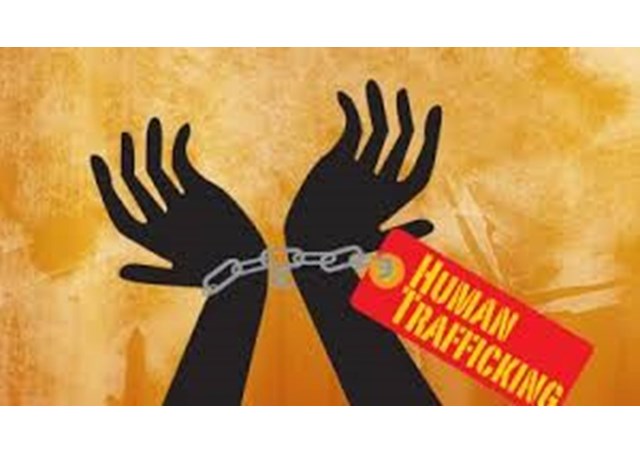
Official cautions Kenyans on human trafficking

Kenyans seeking greener pastures abroad have been cautioned to be aware of human traffickers who promise them heaven but instead offer hell.
Speaking during the Commission for Refugees, Migrants and Seafarers workshop on
1 July 2015 at Rosa Mystica Centre in Nairobi, Awareness Against Human Trafficking
(HAART) official George Matheka advises Kenyans seeking employment outside the country
to research widely about the places and organisations offering them employment, share
information about the opportunities with their relatives, Church leaders and government
officials, chiefs, consult the embassy of the destination country and labour offices
for guidance and confirmation that the places and jobs advertised actually exist.
Matheka said that thousands of people ferried from Kenya are taken to serve as domestic
workers in houses and brothels for sexual exploitation with meagre pay way below what
they are usually promised. Matheka says most trafficked persons end up suffering psychological
trauma, verbal and physical insults, detention and sometimes they are even killed.
“There are thousands of Kenyans, treated as slaves, given domestic jobs even with
all the degree and masters certificates that they hold,” He said.
He said corruption is a major contributor to the unending movement of people towards
the middle east countries in spite of reports in the media about the predicament of
trafficked Kenyans abroad. The Human trafficking specialist also blamed laxity on
the part of police officers and the judiciary in implementing the anti-human trafficking
act 2010, “None of the human traffickers has ever been prosecuted, why?. He wondered.
Matheka reported that most of the victims that HAART has been able to rescue and counsel
complained of a slow response by Kenyan embassies to rescue them when contacted. He
therefore called upon various government wings to join hands with relevant organisations
in saving Kenyans and to have institutional reforms by training police officers on
issues of human trafficking.
The Counter Trafficking in Persons Act, became law in 2012, but there have been very
few successful prosecutions because of the high threshold of evidence required to
obtain a conviction.
According to the US Government 2006 report, 600,000 to 800, 000 people are trafficked
across international borders every year. Globally, millions of people are trafficked
internally every year and according to a UNICEF report of 2005, 1.2 million children
are trafficked annually.
(By Rose Achiego)
e-mail: engafrica@vatiradio.va
| All the contents on this site are copyrighted ©. |


